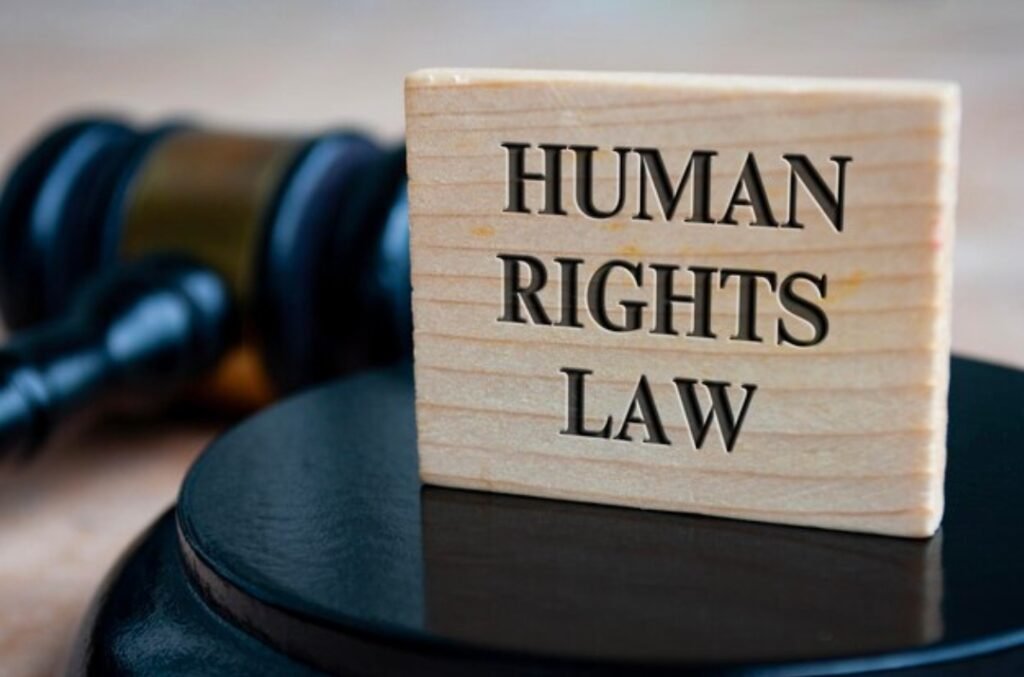Human rights law is a crucial aspect of the legal system, designed to protect the fundamental freedoms and dignity of individuals. Rooted in the principles of equality and justice, this area of law ensures that every person is treated fairly and with respect, regardless of their background or circumstances. This article delves into the intricacies of human rights law, its origins, key principles, and its impact on society.
The Origins of Human Rights Law
The concept of human rights has ancient origins, but modern human rights law primarily stems from the aftermath of World War II. The atrocities committed during the war prompted the international community to establish a framework to protect human dignity and prevent such violations from happening again. This led to the creation of the United Nations in 1945 and the subsequent adoption of the Universal Declaration of Human Rights (UDHR) in 1948.
The UDHR, although not legally binding, set the foundation for a range of international treaties and conventions that form the backbone of human rights law today. These include the International Covenant on Civil and Political Rights (ICCPR) and the International Covenant on Economic, Social and Cultural Rights (ICESCR), both of which were adopted in 1966 and are legally binding on their signatories.
Key Principles of Human Rights Law
Human rights law is built upon several key principles that ensure the protection of individuals’ rights and freedoms. These principles include:
Universality
Every person is entitled to the protection of human rights, regardless of their gender, nationality, ethnicity, or religion. This principle asserts that all human beings are entitled to certain fundamental rights simply by virtue of being human.
Inalienability
Human rights cannot be restricted or denied, unless there are legally specified exceptions. For instance, certain rights may be limited during times of national emergency, but even then, such limitations must comply with international legal standards.
Indivisibility and Interdependence
Human rights are indivisible and interdependent, meaning that civil, political, economic, social, and cultural rights are all equally important and interrelated. The fulfillment of one right often depends on the realization of others. For example, the right to education is closely linked to the right to freedom of expression and the right to participate in cultural life.
Equality and Non-discrimination
Human rights law mandates that all individuals are entitled to their rights without discrimination. This principle is enshrined in numerous international instruments and aims to eliminate discrimination based on race, gender, disability, sexual orientation, or any other status.
The Role of International and Regional Bodies
The promotion and enforcement of human rights law are greatly aided by a number of regional and international organizations. The United Nations Human Rights Council (UNHRC) monitors human rights practices globally and addresses violations through mechanisms such as the Universal Periodic Review (UPR). Additionally, the International Court of Justice (ICJ) and the International Criminal Court (ICC) adjudicate cases related to severe human rights abuses and hold individuals and states accountable.
Regional human rights courts like the African Court on Human and Peoples’ Rights, the Inter-American Court of Human Rights, and the European Court of Human Rights (ECHR) give people and organizations a forum to file complaints about human rights abuses. These courts have developed extensive jurisprudence that contributes to the global understanding and enforcement of human rights law.
Challenges in Human Rights Law
Despite significant progress, human rights law faces numerous challenges. One of the primary challenges is the gap between the legal framework and its implementation. Many countries have ratified international human rights treaties but fail to uphold these standards in practice. Political, economic, and social factors often hinder the effective enforcement of human rights laws.
Another challenge is the rise of new issues such as digital privacy, climate change, and artificial intelligence, which present complex human rights implications. These emerging issues require the adaptation of existing legal frameworks and the development of new norms to ensure that human rights are protected in the face of technological and environmental changes.
Human Rights Law’s Effect on Society
Human rights law has had a profound impact on societies worldwide. It has contributed to the advancement of equality, justice, and peace, and has empowered individuals and communities to claim their rights and seek justice. The principles of human rights law have also influenced domestic legal systems, leading to the enactment of laws and policies that promote human rights and protect vulnerable populations.
Moreover, human rights law has played a crucial role in raising awareness about global issues such as gender equality, racial discrimination, and refugee protection. It has mobilized international and local actors to advocate for change and hold governments accountable for their actions.
Conclusion
Human rights law is an essential component of the global legal landscape, dedicated to safeguarding the dignity and freedoms of all individuals. While challenges remain, the principles and mechanisms established by human rights law continue to drive progress towards a more just and equitable world. By understanding and advocating for these rights, we contribute to a society where everyone can live with dignity and respect.
